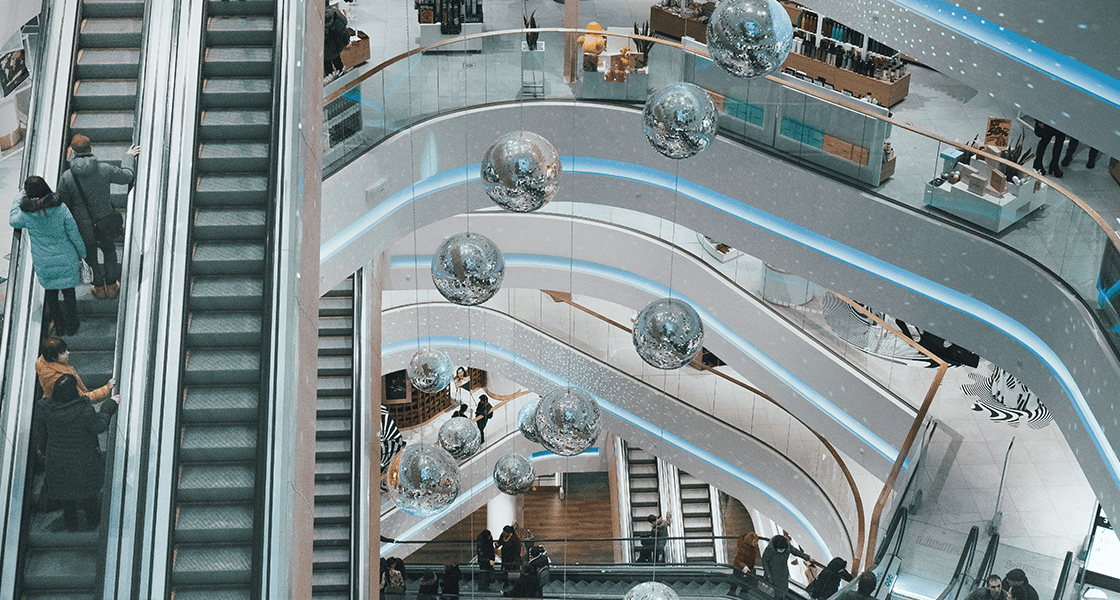Retail & Distribution
The retail sector embraces environmental responsibility
31 May 2022

An increasingly eco-conscious economic environment
Consumers are increasingly aware of the commitments made by retailers. According to The future shopper report 2021, 69% of those surveyed said that they wanted brands and retailers to adopt better environmental practices. How can the fashion industry meet their demands?
The supply chain – as we know it – is changing, gradually shifting towards more local sourcing. This is the case at a French retailer, Petit Bateau, for example. Landline Lebas, Head of CSR, explains that the brand tries to use fewer resources, reduce its carbon footprint and user more recycled, organic, and sustainable materials.
Logistics also plays a key role among the levers available in sustainable fashion. Stores are reduced to increase the space for on-site stock. Each store can therefore meet the growing demand for click and collect sales locally and develop ship from store sales, thus alleviating the last mile problem.
Stores also adopt a sustainable, eco-design approach to their premises, paying special attention to the choice of construction materials, equipment and furniture.
New business models are emerging, with take back programmes increasingly adopted in stores, as well as clothing rental and resale of pre-owned items. New tracking technologies may be used on each item to follow their journey from leaving the warehouse to returning to the retailer’s in-store recycling point. Retailers are therefore moving increasingly towards a circular economy approach.
69% of consumers are ready to buy more second-hand items
The primary source of motivation is the sustainable nature of this new purchasing model, followed by affordability and item uniqueness. (source: The Consumers Behind Fashion’s Growing Second-hand Market, a Vestiaire Collective study conducted by BCG)
Innovative SaaS retail solutions for the sector
The inclusion of solutions adapted to retailers is essential in implementing their sustainability guidelines. Cegid supports retailers in offering them a SaaS unified commerce platform that makes it easy to manage their omnichannel strategy. This allows them to offer services such as e-reservation, click & collect and endless aisle, as well as optimising inventory management and delivery options that factor in the carbon footprint. Stores can then become mini logistics centres, known as dark stores. Stores are reduced in size and the full collection or accessories are fully presented solely in digital format.
Careful use of resources becomes a genuine priority. E-receipts are now commonplace. Physical cash desks can be replaced by mobile POS solutions or BYOD: Bring Your Own Device. For data storage, Cegid’s cloud solutions support a lower carbon footprint. A coherent set of environmental best practices is provided, thus strengthening the sustainability of retailers.
Once these solutions have been implemented, the next step is to measure their impact. End-of-lifecycle analyses of textiles, equipment and furniture can for example be included in the R&D and the specifications of the CSR policy.


